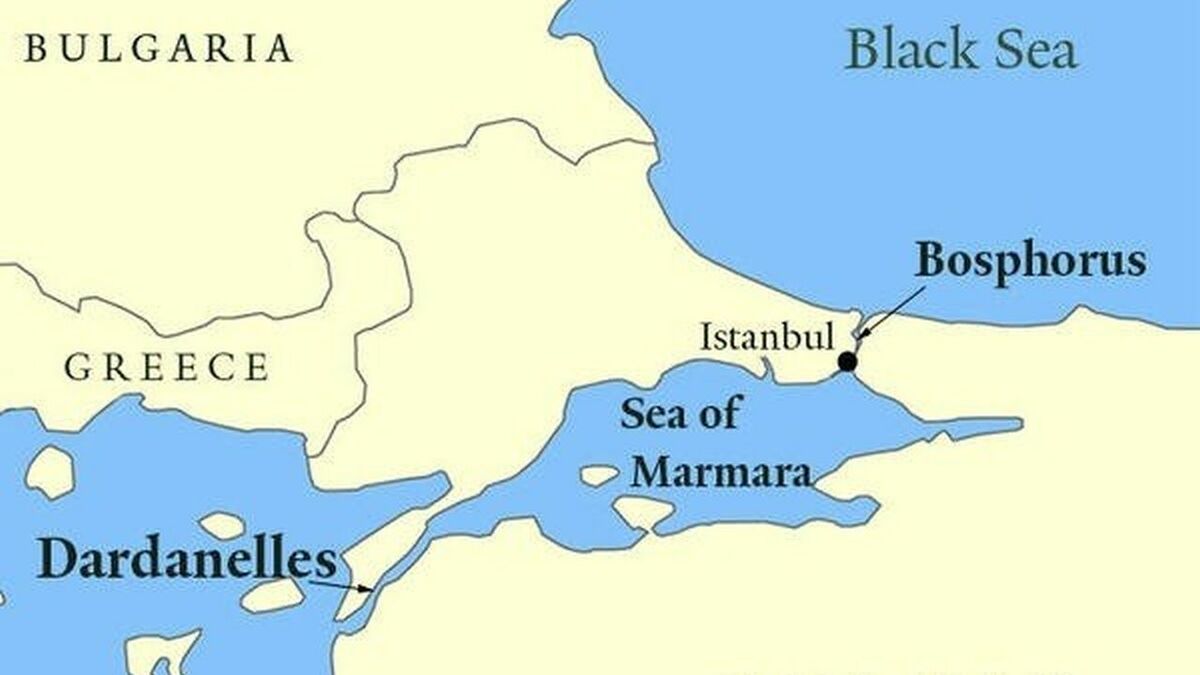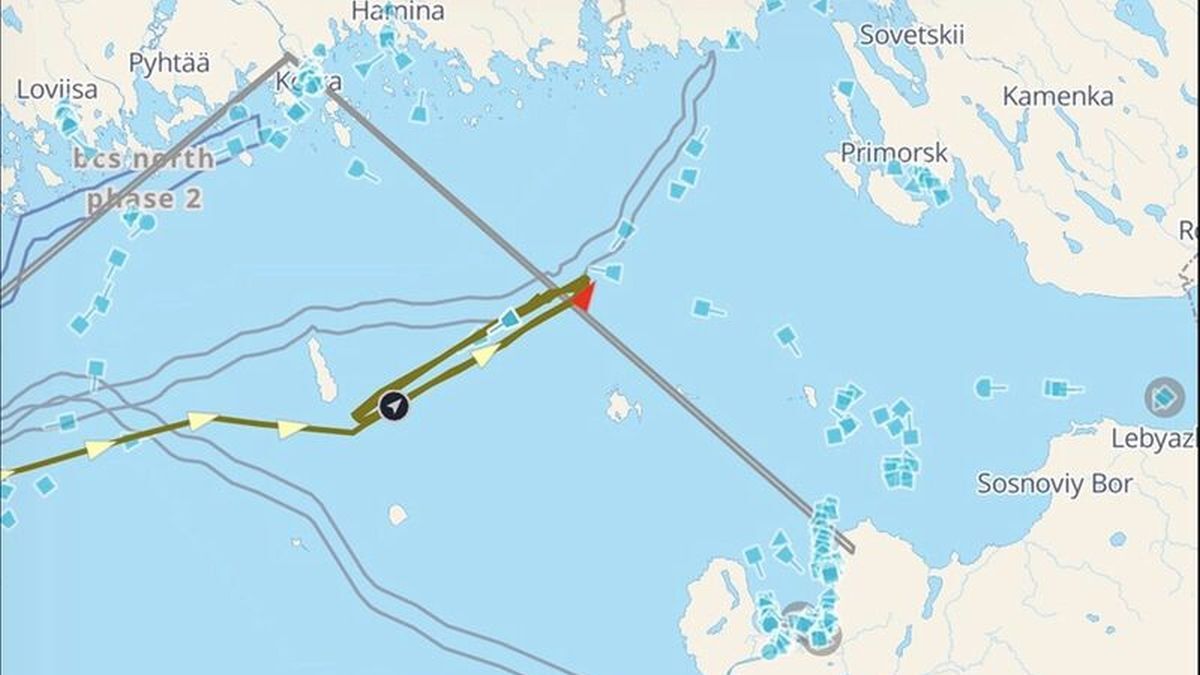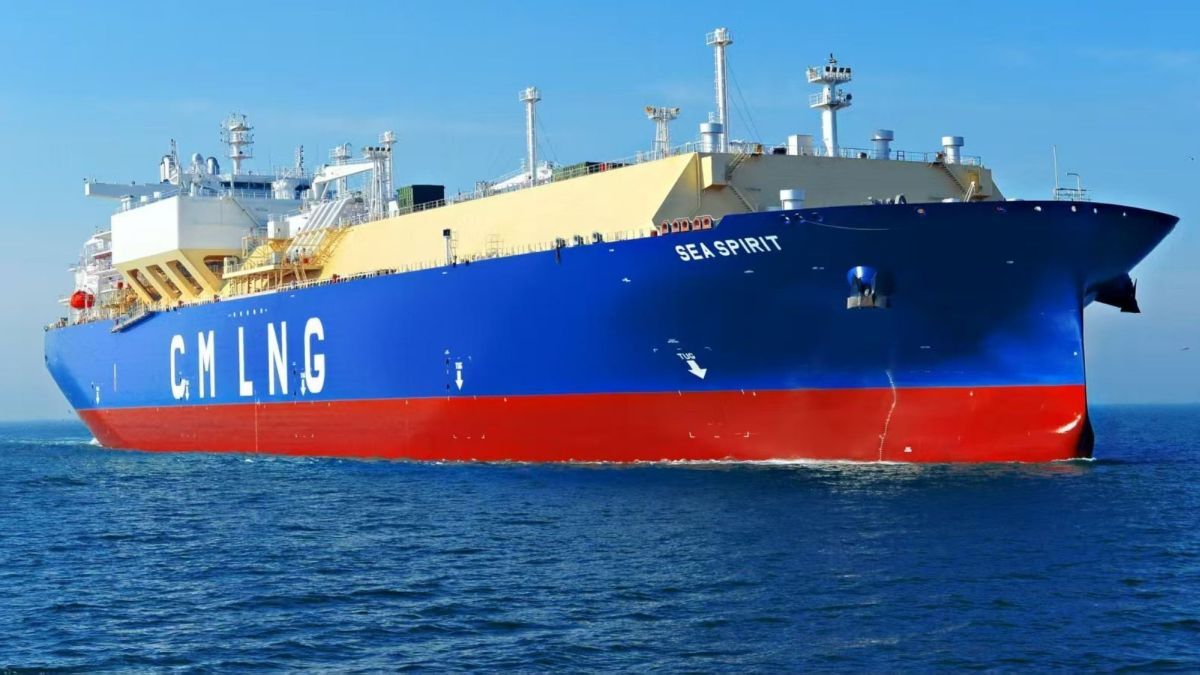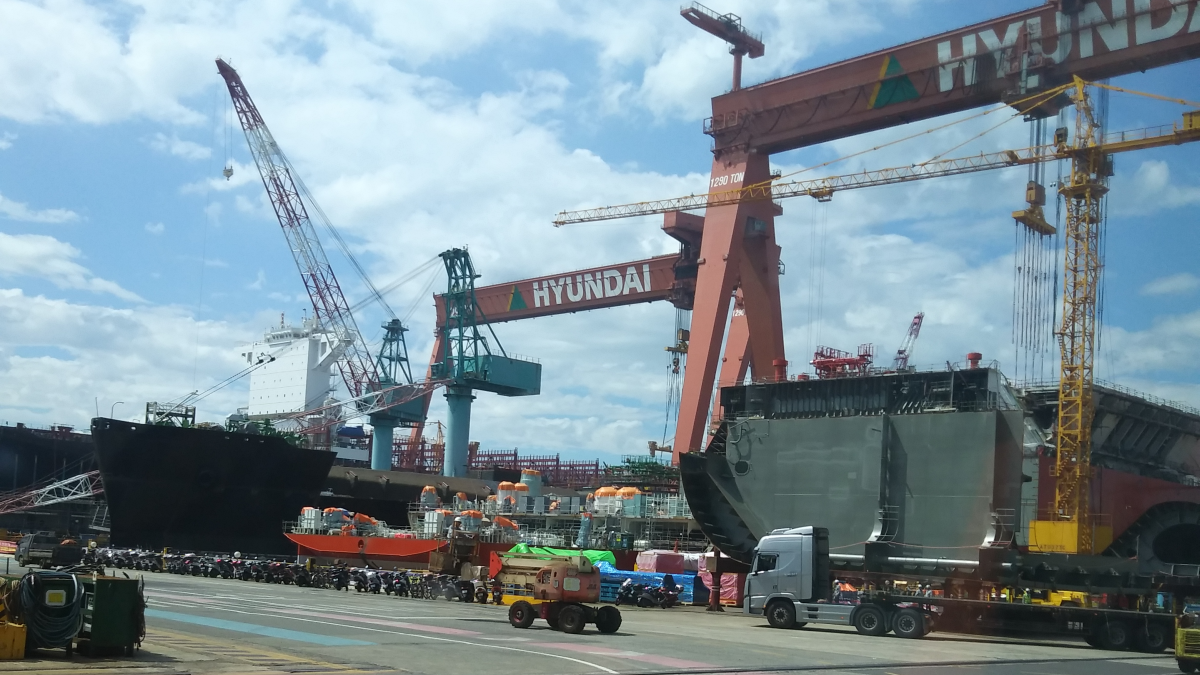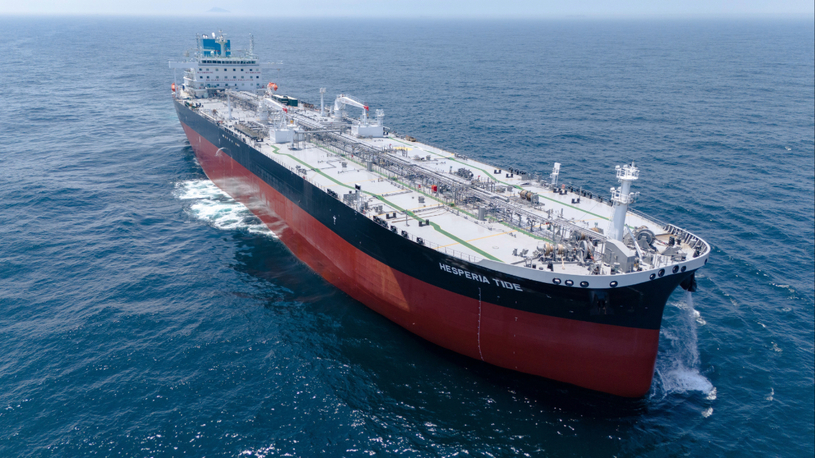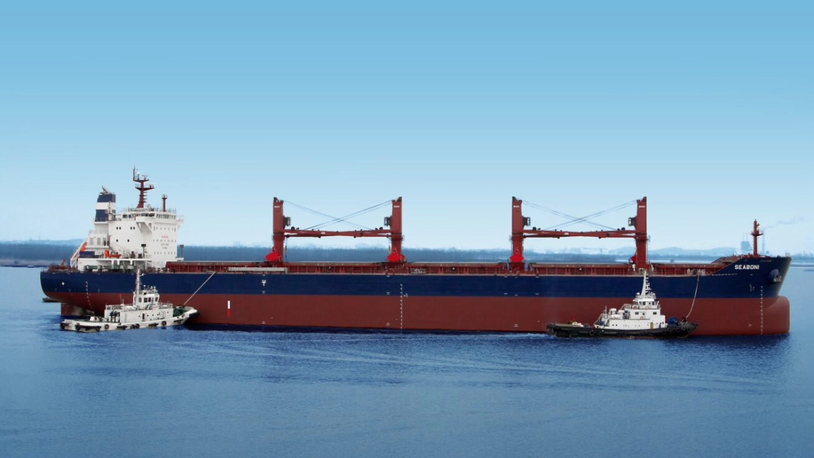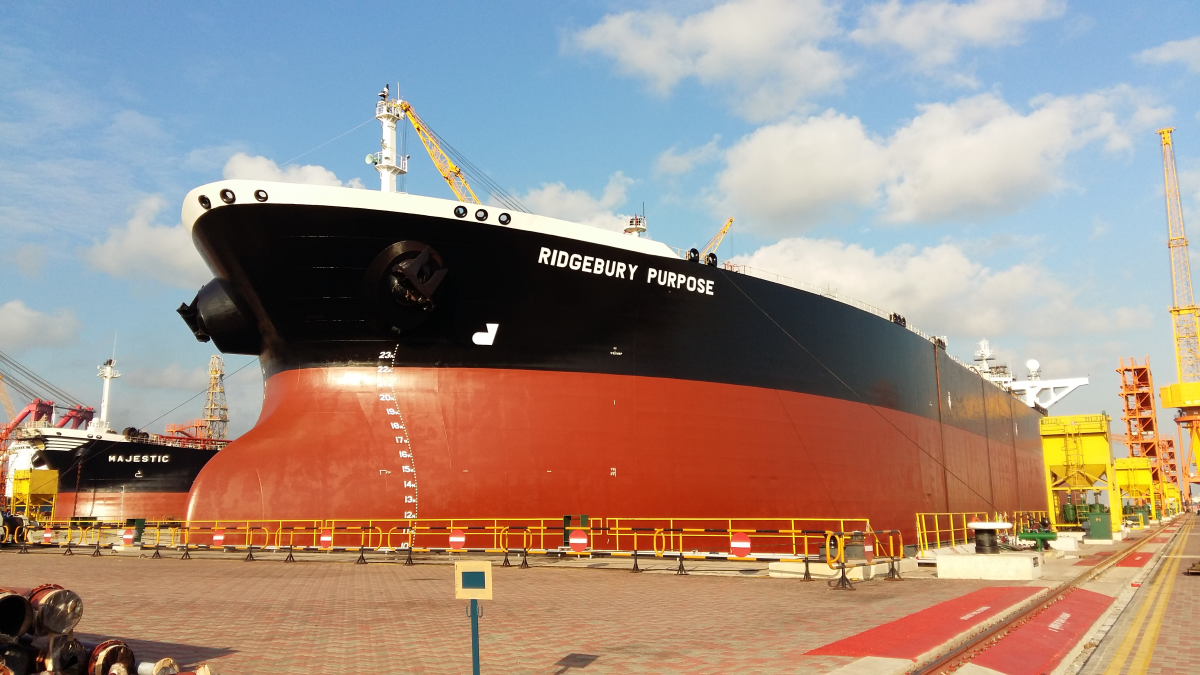Business Sectors
Events
Contents
P&I: 'Turkish P&I cover issue resolved'
Maritime insurers say they and the Turkish Government have found an agreement to enable tankers to transit Turkish waters
Insurers such as Skuld and Gard have published updates on the tanker traffic tie-ups that have caused congestion in shipping lanes in the Turkish straits and Sea of Marmara that link the Black Sea and the Mediterranean.
The International Group of P&I Clubs (IG), which, combined, provide insurance cover to most of the tanker trade said "significant engagement" with the Turkish Government saw an agreement reached "allowing ships carrying crude oil cargoes to continue their voyages through Turkish-controlled waters".
Turkey, a key Russian trading partner, announced that from 1 December, it would require additional documentation for vessels transiting its waters.
In a letter on 5 December, IG clubs said the new requirements were too extensive to allow clubs to comply.
"The Turkish Government’s requirements go well beyond the general information that is contained in a confirmation of entry letter. It requires a P&I Club to confirm that cover will not be prejudiced under any circumstances, including where there is a sanctions breach on the part of the assured, whether knowingly and intentionally or unknowingly and unintentionally. Issuing a confirmatory letter under these circumstances would expose the Club to a breach of sanctions under EU, UK and US law and as such the Clubs cannot comply with the Turkish Authority’s request," a statement posted on IG club websites read.
Reuters reported the agreement between Turkey and IG insurers consisted of a revision to the language in the required insurance letters that means P&I clubs would not be liable for potential incidents in some circumstances.
“It is pleasing the talks we have been holding with our counterparts have concluded with the acceptance of our new regulations that will protect the Turkish straits and that maritime trade continues as [usual],” Turkey’s maritime authority said.
The report cited Turkish Government assurances that 22 of the 26 crude oil tankers awaiting passage of the Bosphorus Strait had presented the required documentation and that 19 of them had already transited the strait.
Four ships are still waiting in the Black Sea and authorities are still awaiting an insurance confirmation letter before allowing them to pass through the Bosphorus, which bisects Istanbul, the Turkish maritime authority told Reuters.
Noting the impasse had primarily hurt exports from Kazakhstan in its weekly tanker markets report, Poten & Partners said, "Once the situation around Turkey is resolved, the undivided attention of the maritime community will focus on the vessels that are continuing to export Russian crude from ports in the Baltic, Black Sea and the Russian Far East. Which vessels are those, who owns them and where are they discharging their cargoes? Will they sail all the way to their final destination or will they be involved in ship-to-ship transfers in the Atlantic Basin (or the Pacific)?. It will be interesting to see if a consensus builds around what constitutes the ’dark fleet’. Will the dark fleet be big enough to move all Russian barrels? If not, will the regime in Moscow decide to make a U-turn and co-operate with the price cap or, alternatively, decide to shut in production?
Which direction the Russian Government decides to go will have a major impact on the oil and tanker market."
Riviera Maritime Media will offer a comprehensive conference programme and provide free technical and operational webinars in 2023. Sign up to attend on our events page
Related to this Story
Events
Offshore Support Journal Conference, Americas 2025
LNG Shipping & Terminals Conference 2025
Vessel Optimisation Webinar Week
© 2024 Riviera Maritime Media Ltd.


